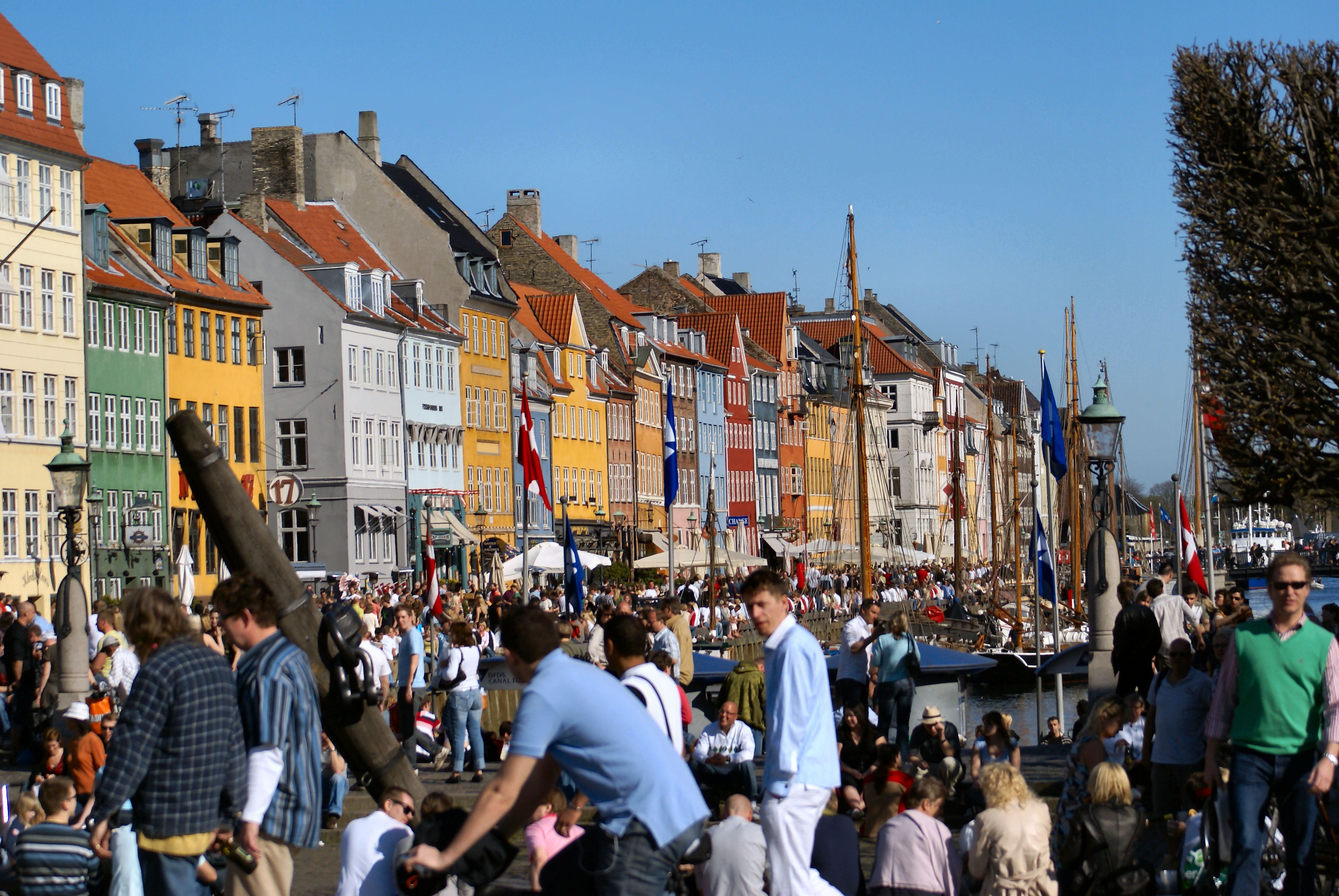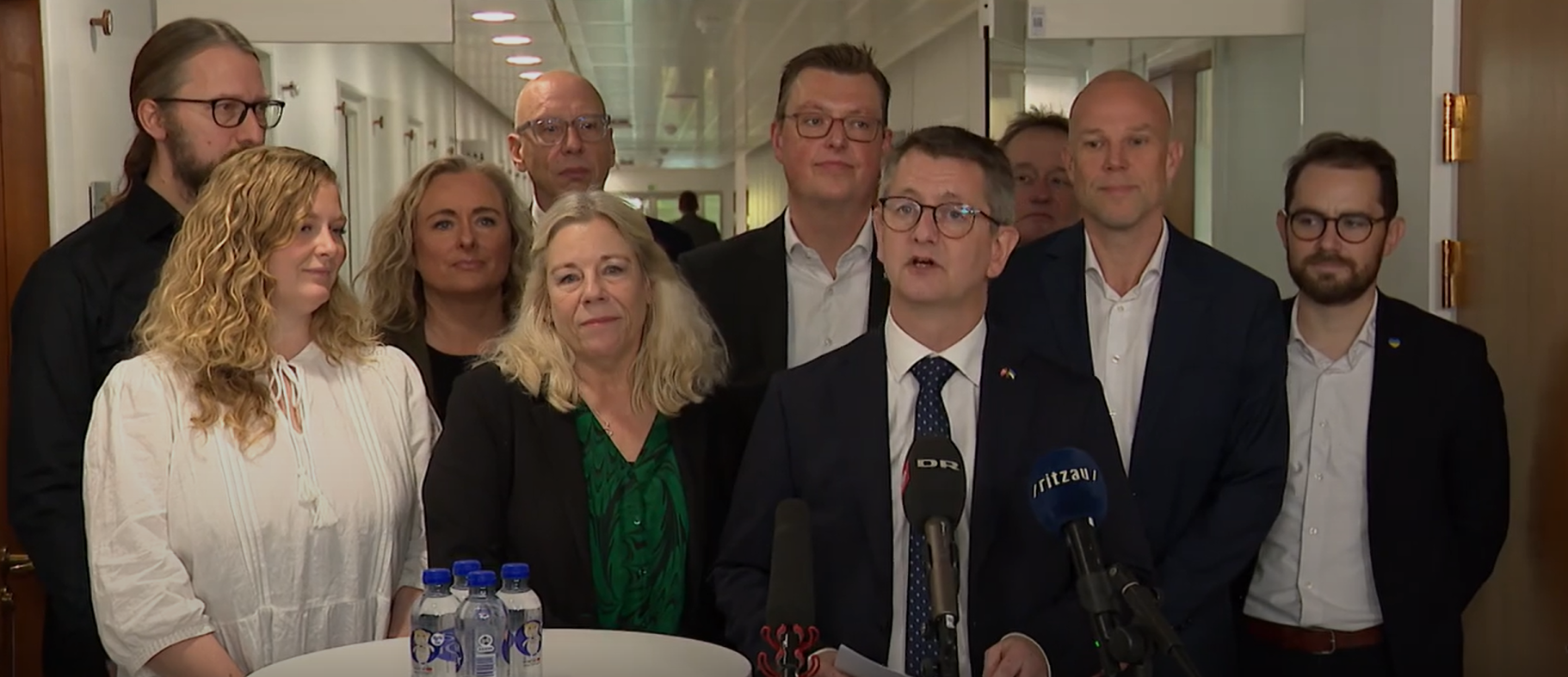So far so good. That was the assessment of EU expert Marlene Wind this morning as she discussed with the press the government's first couple of months as EU president.
“They are very fortunate that there have been no scandals,” Wind explained. “They may have being having a hard time in their domestic politics but internationally they have done a good job.”
But despite the dearth of scandal, Denmark remains at the helm of Europe as it faces some of its most dramatic changes in recent history. According to Wind, the signing of the fiscal compact treaty (FCT) earlier this month meant that Europe had split into three distinct groups.
First are the 17 Eurozone countries that are forced to push through the budget reforms specified in the treaty. Then there are the eight EU states without the Euro who have decided to sign up anyway. Denmark is one of these countries that has decided to follow the Eurozone’s reforms as a way to signal to the markets that the country is prepared to follow a responsible fiscal policy.
Finally there is the Czech Republic and the UK, both of whom have their own currencies and have not signed up to the deal. This splintering of the EU has several consequences according to Wind.
Firstly, she said, it demonstrates that the core European countries are ready to plough ahead without waiting for everyone to be ready, a scenario that Danish officials have expressed concern about.
“The fear is that this is the beginning of the end of the old system, where everyone moved ahead together and waited for everyone to be ready. The fiscal compact treaty was so dramatic because [the core EU countries] told the rest of the EU that they weren’t going to wait for the foot draggers.”
The second consequence would be that the Eurozone may start to create legislation that only covers countries using the single currency, thereby formalising their union within the European Union. This would undermine the single European market, which to many is the EU's most valuable asset.
“We may start seeing the Eurozone splinter off and start creating its own rules on taxation and labour market policies. There is a real fear of this in many corners, which is why many thought [UK prime minister] David Cameron would climb down from his position because no matter what, the UK needs the internal market.”
But Cameron has not shown any signs of backing down. The UK has strongly opposed any efforts to hand over additional budget oversight to Brussels or impose an EU-wide tax on financial transactions (FTT). In an attempt to bring the UK back into the fold, the Europe minister, Nicolai Wammen, even made a special trip to the UK to "build bridges" with the country who has stubbornly refused to follow Europe in its twin ventures of discipline and solidarity.
Wammen’s visit does not seem to have made much difference. But given some of the latest developments in the EU, the question is whether the FCT will really make that much difference anyway.
Both Spain and Hungary have been reprimanded in recent days for failing to stick to the 3 percent budget deficit limit that is required of EU member states. But while the EU has threatened to withhold almost half a billion euro in aid from Hungary, Spain has been let off with a warning.
The reason is that while Hungary has shown little resolve to maintain budget discipline, Spain has pushed through a range of austerity measures and reforms. This demonstrated a willingness to become more responsible, and was enough for the EU to back down from any form of punishment.
This is relevant for Denmark as it attempts to push through its 'Kickstart' spending program to get the economy going. The government hopes that spending 10 billion kroner on public projects will stimulate the rest of the flagging economy.
Some experts have expressed worry that the FCT would prevent Denmark from investing in its economy. But according to Wind, as long as Denmark also passes legislation that indicates it wants to follow a responsible economic path – such as reforming the welfare state, which the government is currently working on – it will also probably avoid any sort of punishment for exceeding its promised budget deficit limit.
“Many people might be sceptical that the fiscal compact treaty will not work,” Wind explained. “But what it could do is provide a greater crisis consciousness and make leaders realise that they have to follow the rules.”
This strategy may yet work, as half the problem with the European debt crisis seems to be finding ways of assuring the markets that Europe is determined to live within its means. For now then the EU seems prepared to forgive the other half of the problem, of countries spending more than they earn, despite the fact that this one of the root causes of Europe's crisis.











